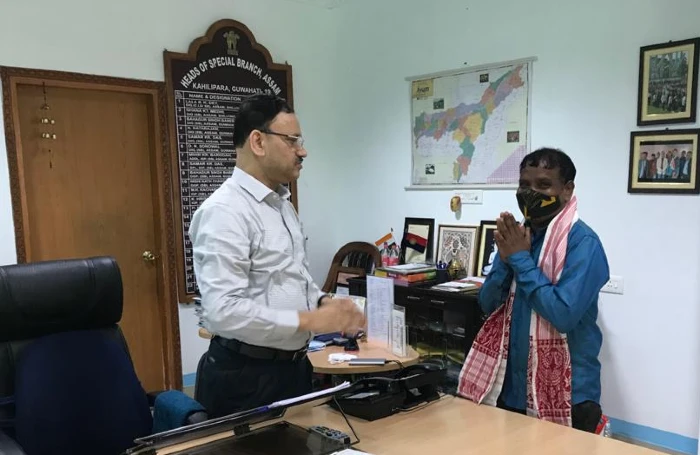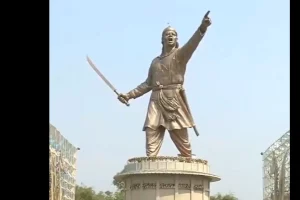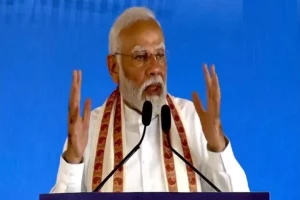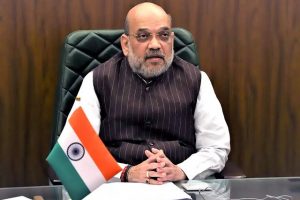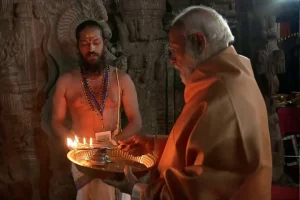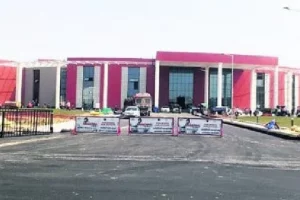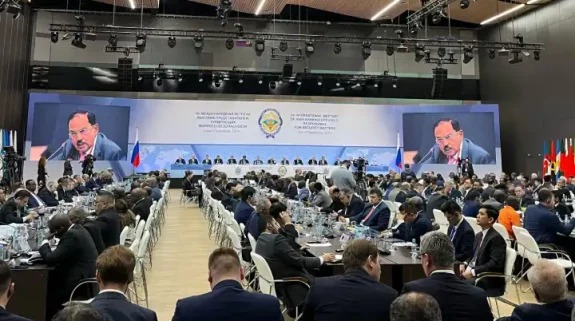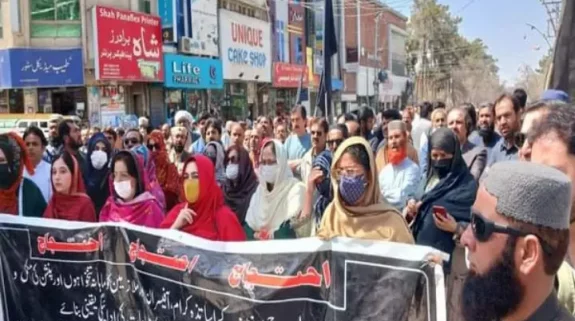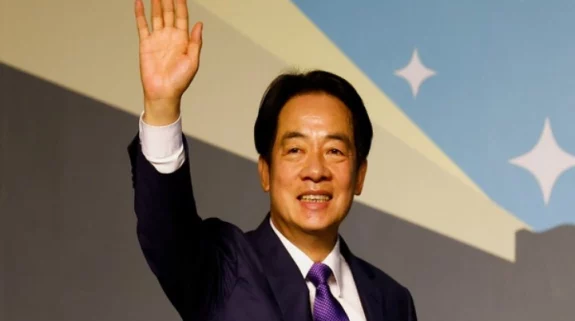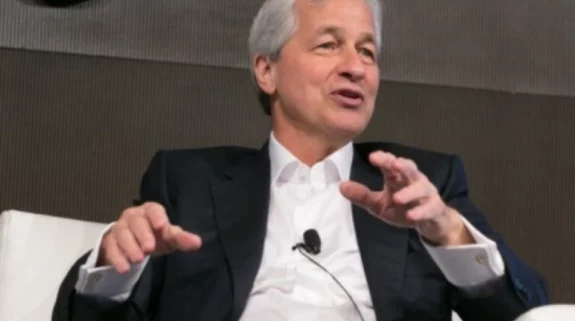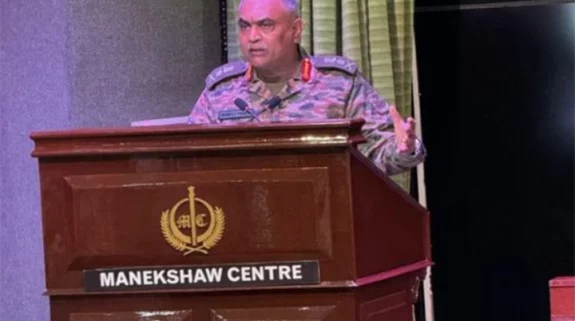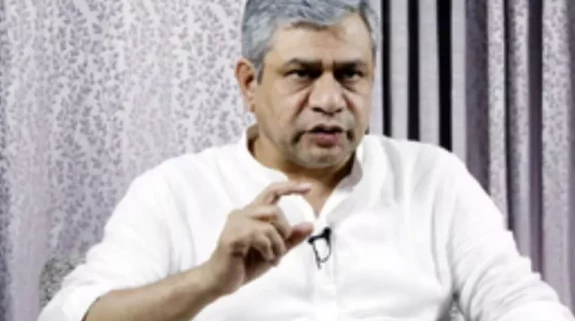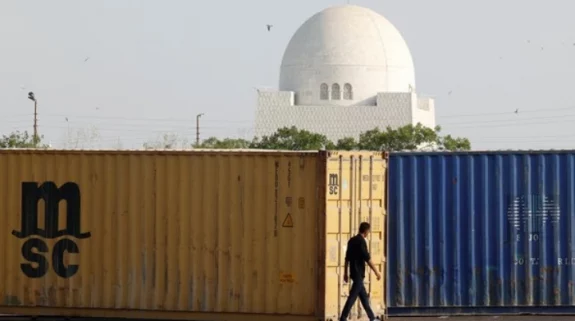The day after Maoist leader Tingraj Orang surrendered in Guwahati, all the cadres of the newly-formed insurgent group United Liberation of Bodoland (ULB) laid down their arms on Wednesday further strengthening Assam government's resolve of building a peaceful and prosperous state.
The ULB was formed recently by a group of young men to fight for a separate Bodoland state. However, after efforts made by the state government and deliberations done by Assam Police, the cadres have now returned home.
"Continuing our outreach to bring home youths from the path of militancy, all the cadres of newly formed group United Liberation of Bodoland (ULB) have returned home today. We welcome them to join our effort to build a beautiful and prosperous Assam," said Assam Chief Minister Himanta Biswa Sarma.
Per the directions of Hon'ble CM Shri @himantabiswa, after deliberations by Assam Police, all the Cadres of newly formed ULB laid down their arms and returned home today.
Our resolve to build a peaceful and prosperous Assam continues! @DGPAssamPolice pic.twitter.com/OWiJ76GidE
— Assam Police (@assampolice) September 29, 2021
Orang, who had surrendered on Tuesday, is the convener of Assam State Organizing Committee (ASOC) of CPI (Maoist). He was in-charge of expanding the base of the proscribed outfit in Brahmaputra and Barak valleys.
Analysts believe that his surrender will be a huge setback for the Maoist movement in the state and would also shatter the morale of the Maoist elements in the northeast region.
The two developments also cap a remarkable month for the region which began with the signing of historic Karbi Anglong agreement, signalling a new era of peace in Assam's history.
Centre and states tackling the insurgents, together
The all-round development of the northeast and its peace and prosperity has been the top priority for the government with Prime Minister Narendra Modi himself leading the efforts.
The north eastern region comprises eight states – Arunachal Pradesh, Assam, Manipur, Meghalaya, Mizoram, Nagaland, Sikkim and Tripura. A culturally and ethnically diverse region, having more than 200 ethnic groups which have distinct languages, dialects and socio-cultural identities, it covers 7.97 per cent of the country's geographical area and about 3.78 per cent of the national population.
It has been long now since Assam emerged as the new theatre of Maoist activity and CPI (Maoist) making contact with insurgent groups in Manipur and Arunachal Pradesh.
Operating in certain remote and poorly connected pockets of the country for a decades, it was in 2004 that the People's War (PW), then operating in Andhra Pradesh, and the Maoist Communist Centre of India (MCCI), then operating in Bihar and adjoining areas, merged to form the CPI (Maoist) Party.
Their philosophy of armed insurgency to overthrow the government is unacceptable under the Indian constitution and the founding principles of the Indian state.
According to the Ministry of Home Affairs (MHA), between 2004 to 2020, 8380 people have been killed by the LWE in different parts of India. A majority of them were from the poor and the marginalised sections like the tribal which bore the brunt of the violence initiated by the militant outfits.
In order to meet its military requirements, the CPI (Maoist) developed close fraternal ties with North-East insurgent groups like the People's Liberation Army (PLA)/Revolutionary People's Front (RPF) of Manipur. Both the outfits had agreed upon mutual cooperation in the areas of training, funding, supply of arms and ammunition.
A few years ago then Minister of State for Home Affairs, Haribhai Parathibhai Chaudhary had detailed in Rajya Sabha how the Upper Assam Leading Committee (UALC) of the CPI (Maoist) was operating in Assam and Arunachal Pradesh by looting weapons and engaging in extortion activities.
"The UALC has also been engaged in recruitment and training of cadres for the outfit in Assam. These cadres have been utilized in extensive propaganda against mega dams in Assam. In this backdrop, Assam-Arunachal border has emerged as another theatre of Maoist activities. The outfit is also establishing separate channels in the North-East, particularly in Nagaland for procurement of ammunition," Chaudhary had said in a written reply to a question back in 2015.
Insurgency free prosperous North East
The security scenario in the North-East region witnessed steady improvement in the following years as the Narendra Modi government encouraged the militants to join the mainstream and also revised the 'Surrender-Cum-Rehabilitation Policy' by enhancing financial benefits to the surrendering militants.
The peaceful rollout of the National Register of Citizens (NRC) in Assam three years ago was seen as a major proof of the changing security situation in the region.
The six-year period between 2014 to 2020 also saw a significant decline in insurgency incidents by 70 per cent, casualties of security forces personnel by 78 per cent and civilian deaths by 80 per cent in the region.
While the states of Tripura, Sikkim and Mizoram are completely free from insurgency, there is a marked improvement in the security situation in other states of the region.
In Assam, a Memorandum of Settlement was signed with National Democratic Front of Boroland (NDFB) factions and civil organisations on 27 January, 2020 ending the 50-year-old Bodo crisis. Following the settlement, as many as 1,615 cadres of NDFB had surrendered their arms.
Talks with ULFA (United Liberation Front of Assam) are continuing and the Suspension of Operation (SoO) with the outfit, valid from 2011, is continuing indefinitely.
The surrender of dreaded hardcore ULFA(I) leader, Drishti Rajkhowa along with four accomplices during a well-planned operation executed by the Indian Army Intelligence Agencies at Meghalaya-Assam- Bangladesh Border in November last year, had also dealt a major blow to the underground organisation.
PM Modi's vision of an 'Insurgency free prosperous North East' had received a further boost earlier this month when the Karbi armed groups agreed to abjure violence and join the peaceful democratic process as established by law of the land.
The historic Karbi Anglong Agreement, which ended the decades-old crisis ensuring Assam’s territorial integrity, was signed in New Delhi September 4.
In Manipur, though steps have been taken by the government from time to time to control insurgency – including peace talks and ceasefire agreements – the National Socialist Council of Nagaland (NSCN) factions continue to indulge in factional violence and other violent/illegal activities affecting normal life in the state.
According to the MHA, keeping in view the multiplicity of diverse ethnic groups and the resultant complex situation in the region, the government has been pursuing a policy for talks/negotiation
with such groups which abjure violence, lay down arms and seek solutions for their problems peacefully within the framework of the Constitution of India.
MHA's annual report stated that a number of outfits have come forward for talks with the government and have entered into Suspension of Operations (SoO) agreements and some of them have signed Memorandum of Settlements (MoS) while other groups have dissolved themselves.
"Those who are not in talks are being dealt with by the Central Armed Police Forces, Armed Forces and the State Police through Counter-Insurgency Operations," the report mentions.
The Modi government believes that the fight against the LWE menace is now in a crucial stage and it will be reduced to an insignificant level at the earliest.
The joint efforts of the Center and the states in cracking down on Left Wing Extremism (LWE), a significant security challenge for the last so many decades, has also yielded success in other regions.
The states of Chhattisgarh, Jharkhand, Odisha, Bihar, West Bengal, Andhra Pradesh, Telangana, Maharashtra, Madhya Pradesh, Uttar Pradesh and Kerala are considered LWE affected, although in varying degrees.
On Sunday, while chairing a review meeting in New Delhi on Left Wing Extremism, Minister of Home Affairs Amit Shah asserted that the root cause of dissatisfaction in the affected states was the lack of development in six decades after Independence.
"But now, development is taking place under leadership of PM Modi and naxalites have also understood that innocent people will not be misled by them, that is why it is very important to continue uninterrupted development at a fast pace," said Shah.
The minister said that the government has been successful in getting many extremist groups surrender and lay down arms, especially in the North East.
Welcoming all those who want to leave the violence and join the mainstream, Shah revealed that so far, about 16,000 cadres have joined the mainstream of the society, including the Bodoland Pact, the Bru Pact, the Karbi Anglong Pact and the surrender by the insurgent cadres of Tripura.
Also Read: India's North East can help shape Asia's future, says Japan






